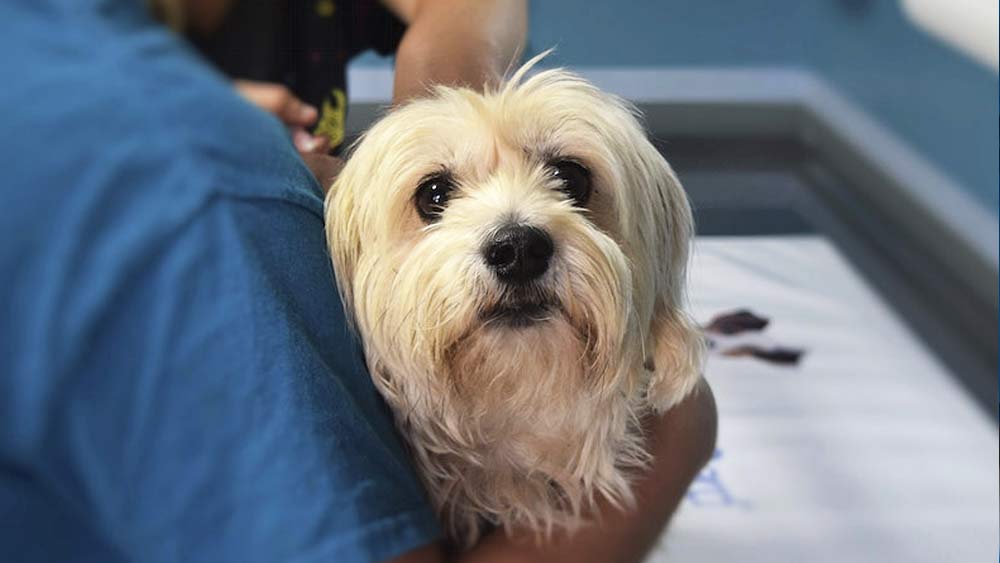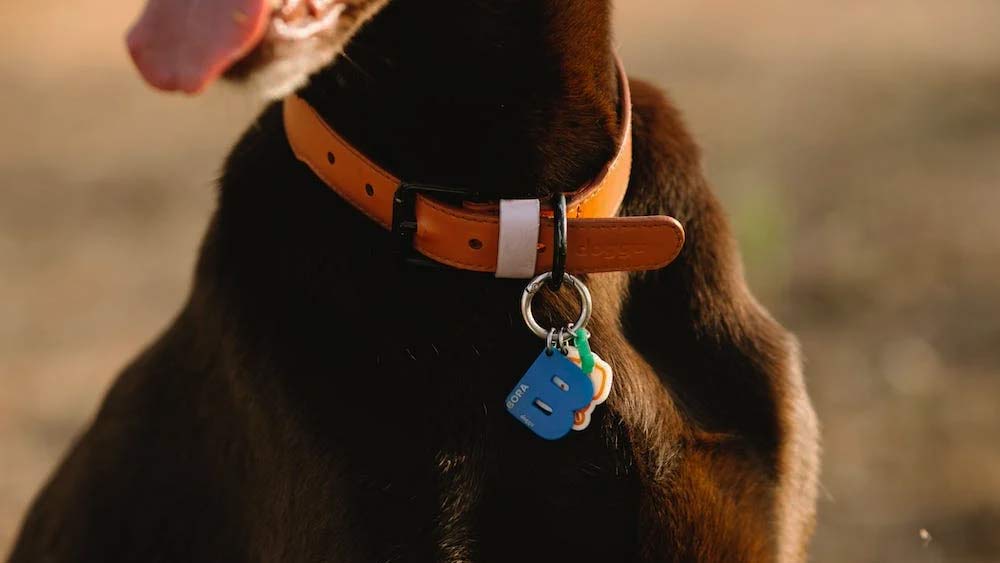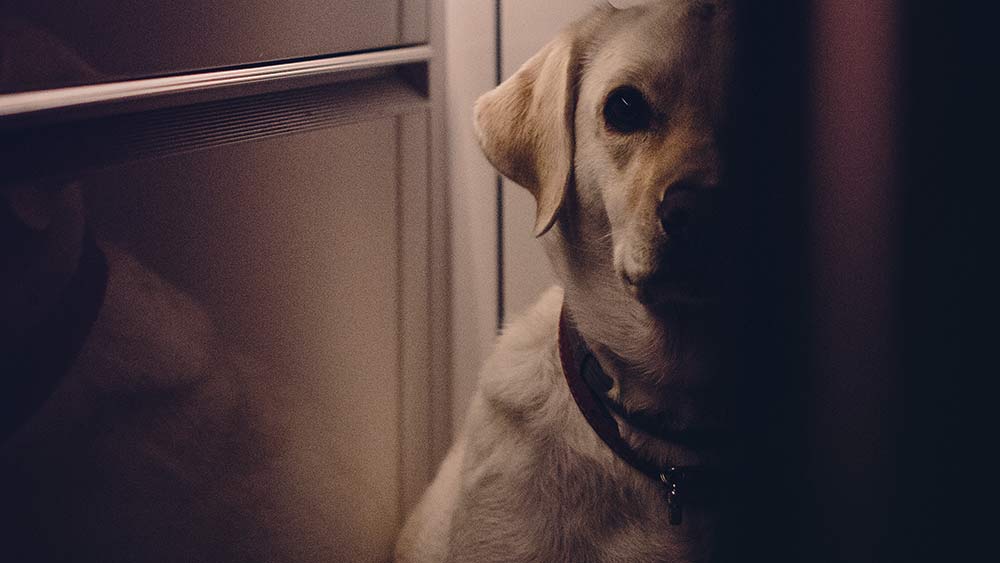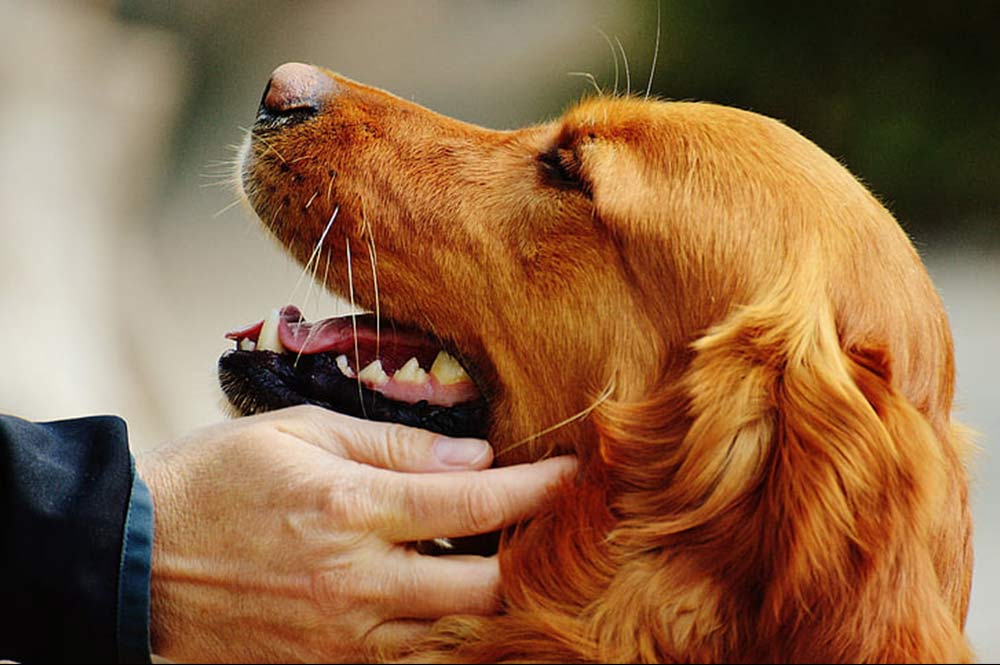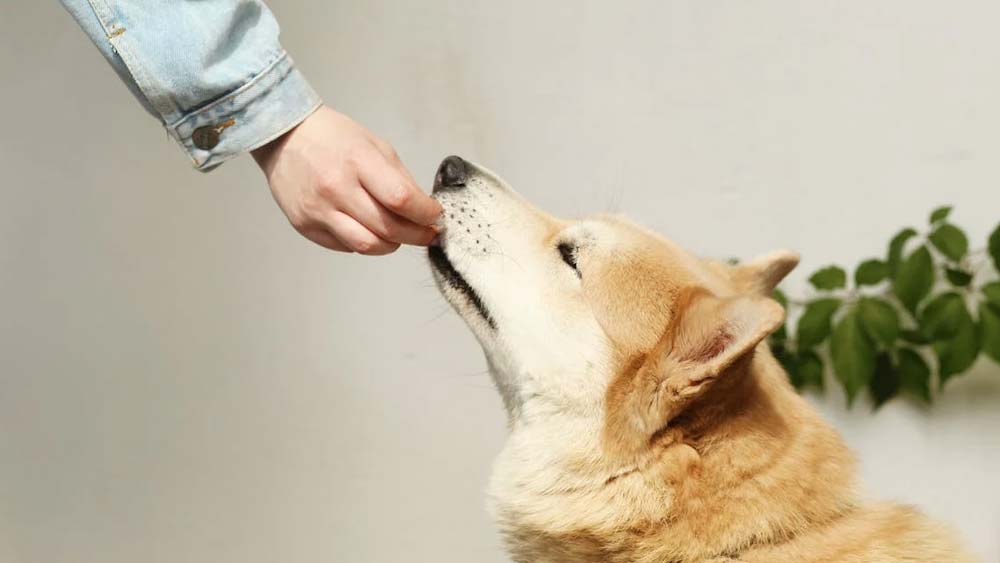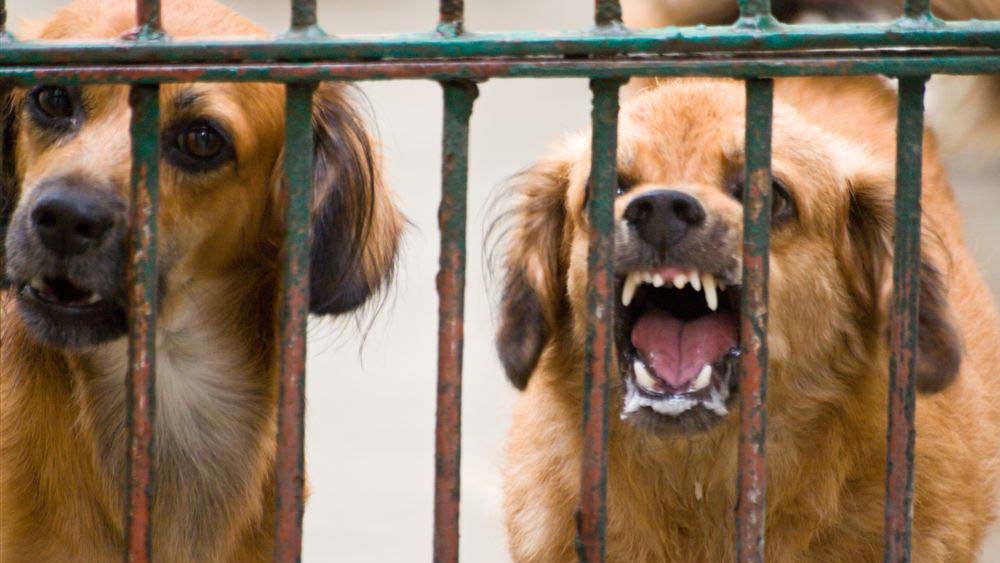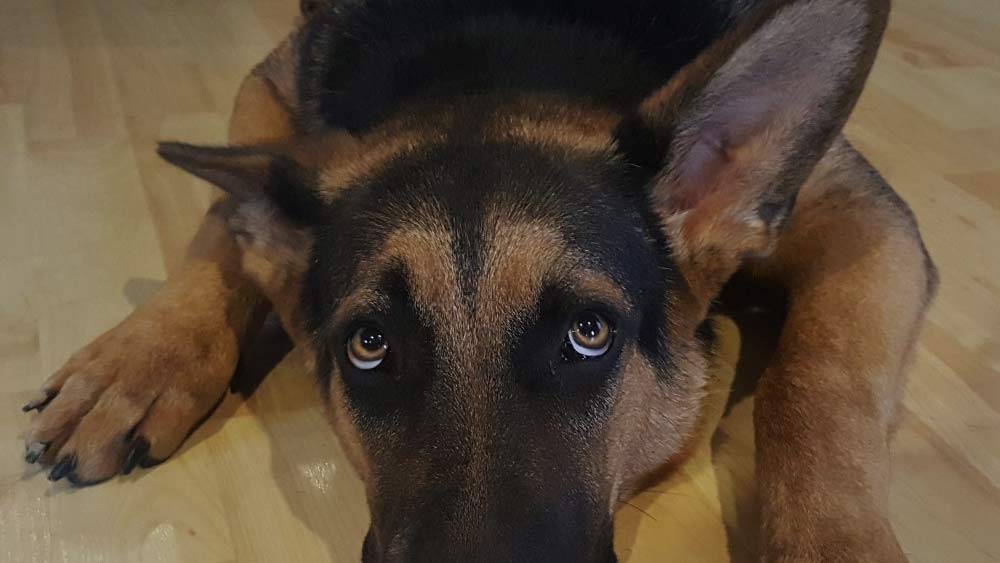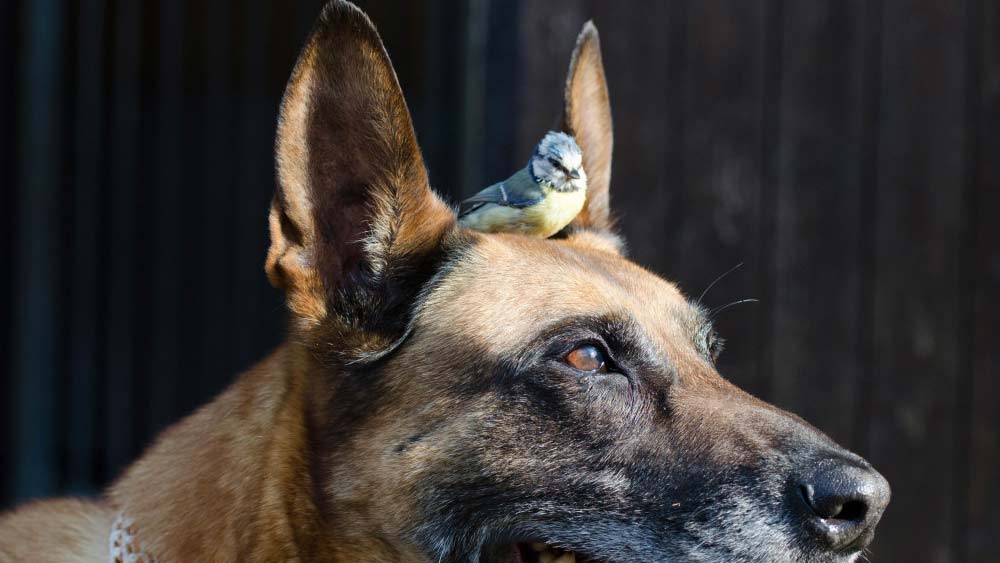A dog’s health is a priority, so it’s important to know the signs that your dog may need a vet visit. While some issues can wait for a scheduled appointment, there are certain instances when an emergency visit is necessary. Here are seven common signs that you should take your dog to the vet immediately:
When To Take Your Dog To the Vet
1. Persistent Diarrhea or Vomiting:
Diarrhea and/or vomiting lasting more than 24 hours could indicate a serious underlying issue such as gastroenteritis, infection, pancreatitis, or even cancer. If this persists longer than 24 hours, your dog will likely require medical attention and IV fluids to replenish lost electrolytes.
2. Abnormal Urination:
Any dog that’s urinating more frequently, having difficulty urinating, or producing no urine at all should be taken to the vet immediately. These common symptoms can indicate a potentially serious health issue, such as a urinary tract infection, bladder stones, or even diabetes.
3. Unusual Lumps and Bumps:
Any lumps or bumps that are found on your dog’s body should be evaluated by your vet as soon as possible. If left untreated, these could develop into something more serious in nature, like cancerous tumors or abscesses.
4. Unexplained Weight Loss:
Sudden weight loss can indicate various medical issues ranging from parasites to diabetes to metabolic disorders. A visit to the vet can help uncover the cause of this sudden weight loss and provide treatment options.
5. Difficulty Breathing:
If you notice that your dog is having difficulty breathing, gasping for air, or coughing excessively, it should be seen by a vet immediately. This could indicate an underlying medical problem like congestive heart failure, asthma, or even lung cancer.
6. Changes In Behavior/Depression:
Dogs can suffer from depression just like humans can, and it’s important to address behavioral changes with your vet as soon as possible. Depression in dogs can be caused by anything from dietary deficiencies to infections to parasites, so it’s important to get them checked out immediately.
7. Loss Of Appetite:
If your dog is not eating his/her regular meals or refuses to eat, they should be seen by a vet immediately. This can be caused by anything from dental issues to organ disease, and getting them checked out as soon as possible is important.
8. Excessive Scratching and Licking:
When dogs excessively scratch and lick their fur, it is often a sign of allergies or skin irritations, which can cause inflammation and further discomfort if left untreated. This can also indicate fleas, mites, or other parasites that require immediate treatment.
9. Unusual Eye Discharge:
If you notice that your dog has any unusual discharge coming from their eyes, it should be seen by a vet right away. This could indicate anything from bacterial infections to glaucoma to conjunctivitis requiring medical attention.
10. Difficulty Walking:
Suppose your dog has difficulty walking or seems to be in pain while walking. In that case, it should be taken to the vet immediately, as this could indicate an underlying medical issue such as arthritis, hip dysplasia, or even a broken bone. Dogs with difficulty walking should not wait for a scheduled appointment as this could worsen over time without proper medical treatment.
11. Coughing or Wheezing:
If your dog is coughing or wheezing, this could indicate an underlying health issue such as asthma, kennel cough, heart disease, or even pneumonia. These all require immediate medical attention to prevent the condition from worsening and start the dog on a path to recovery.
12. Lameness:
If you notice that your dog is limping, having difficulty walking, or favoring one leg over another, then it should be taken to the vet for proper evaluation and treatment right away. This could be caused by anything from arthritis to tendonitis to a fracture, and all of these will require prompt medical care to ensure a full recovery.
13. Excessive Thirst:
Increased thirst can indicate various underlying conditions such as diabetes, kidney disease, liver disease, hormonal imbalances, and certain types of infections. It’s important that your dog receives prompt medical attention to assess the cause of the excessive thirst and provide appropriate treatment options.
14. Seizures/Convulsions:
If your dog experiences any seizure activity, it’s important to take them to the vet immediately, as this could indicate an underlying neurological condition such as epilepsy or a brain tumor that requires immediate medical attention and treatment options.
15. Abnormal Discharge From Ears/Nose:
Any abnormal discharge coming from your dog’s ears or nose should be evaluated by your vet right away because this can indicate anything from allergies or infection to tumors or foreign bodies stuck inside the ear canal or nasal passages. These issues must be addressed quickly so proper treatment can begin immediately.
What to do in case of an emergency?
If your dog is showing any of the above symptoms and it is an emergency, you should not wait for a scheduled appointment with your vet. You should take them to an emergency animal clinic or contact your vet as soon as possible. Timely diagnosis and quick treatment are essential to get your dog on the path to recovery.
Conclusion
If your dog is displaying any of these signs, don’t wait for an appointment – visit your dog vet immediately! The earlier you can get your dog the care they need, the better its chance of recovery. It’s always better to be safe than sorry about your dog’s health, so if you notice any of the above signs that it’s time to visit the vet immediately, make sure you take them for prompt medical attention. Your dog will thank you for it!


